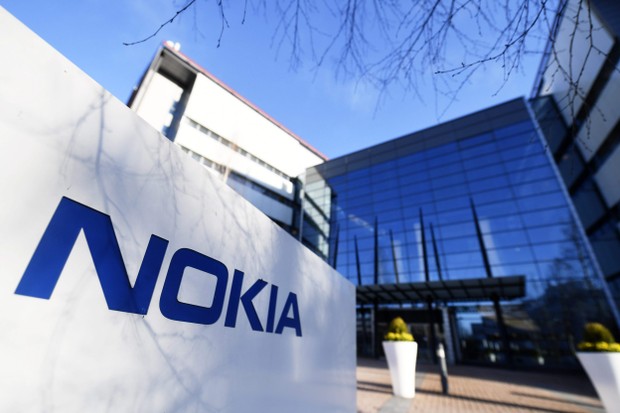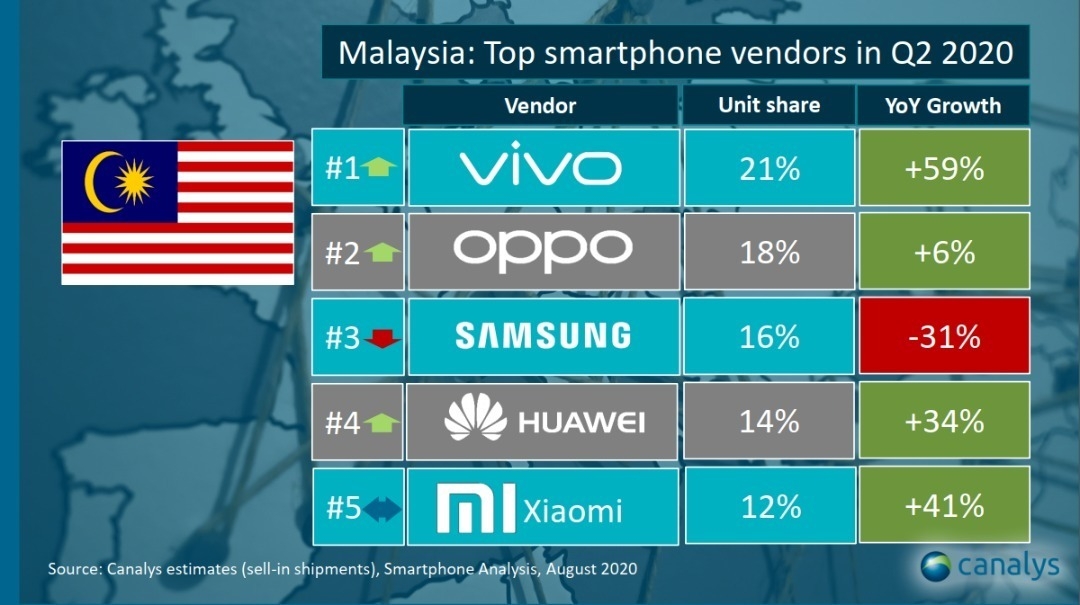Nokia announces high-level strategic principles and a new operating model that will be effective on January 1, 2021.
“Our industry is undergoing profound changes. Industrial automation and digitalization are increasing customer demand for high-performance networks, with a trend towards open interfaces, virtualization, and cloud native software. This will revolutionize how we design, deploy, manage and sell our products and solutions,” said Pekka Lundmark, President and CEO.
“As we work to renew our strategy, we will ensure we are well positioned to leverage these trends, improve our performance and position the company for long-term value creation.”
At this point, Nokia’s strategy review has reached four conclusions. First, that technology leadership will be the top priority; second, that the company’s current customer base, consisting of telco operators and enterprises (including webscale companies), provides a solid platform for value creation; third, that there is a longer-term opportunity to move into higher-value “network-as-a-service” business models; and fourth, that end-to-end as a core strategic idea will be replaced with a more focused approach, with each of the company’s new business groups having a distinct role in the overall strategy.
Nokia said it will have four P&L-responsible business groups structured around unique customer offerings, with ownership for becoming one of the market leaders in their respective sector. They will also need to demonstrate a clear route for delivering shareholder value with return on capital employed as a key metric.
“Our goal is to better align with the needs of our customers, and through that increase accountability, reduce complexity and improve cost-efficiency. Going forward, we will have a more rigorous approach to capital allocation and will invest to win in those segments where we choose to compete,” said Pekka Lundmark.
The new business groups are:
- Mobile Networks, which will include mobile network products, network deployment and technical support services, and related network management. This business group will offer the full portfolio for customers wanting to buy mobile access networks. It will target leadership in key technologies such as 5G, ORAN and vRAN. The net sales of Mobile Networks in the last four quarters were approximately €10 billion. Tommi Uitto has been appointed as President of this business group.
- IP and Fixed Networks, which will include IP Routing, Optical Networks and Fixed Networks, as well as Alcatel Submarine Networks business, currently reported under “Group Common.” This business group will respond to the ever-increasing demand for higher capacity, greater reliability, faster speeds and lower costs. The net sales of IP and Fixed Networks in the last four quarters were approximately €7 billion. Federico Guillén has been appointed as President of this business group.
- Cloud and Network Services, which will include the existing Nokia Software business (excluding Mobile Networks network management), Nokia’s enterprise solutions, core network solutions including both voice and packet core, and managed and advanced services from its current Global Services unit. This unit will also act as a delivery channel of certain products from other business groups to enterprise customers. Cloud and Network Services will target growth by leveraging the industry transition to cloud-based delivery, network-as-a-service business models, and software-led value creation. The net sales of Cloud and Network Services in the last four quarters were approximately €3 billion. Raghav Sahgal has been appointed as President of this business group.
- Nokia Technologies, which will remain largely unchanged. The net sales of this business group in the last four quarters were approximately €1.4 billion. Jenni Lukander continues as President of this business group.
In addition to these four business groups, there will be a Customer Experience organization that will provide a common interface with customers and will act as the voice of the customer across all business groups. This unit will include Nokia’s customer teams, region and country management, as well as marketing. The organization will be led by Ricky Corker.
“Our focused business groups will ensure that we shorten the distance between customers and product development. Our new Customer Experience organization is designed to build on our deep customer relationships. We already have world-class teams and fully intend to keep this as a key strength going forward,” said Lundmark.
Additionally, there will be four corporate functions:
- Finance, which will also include cross-company shared services, and which will be led by Chief Financial Officer Marco Wirén.
- Legal and Compliance, which will be led by Chief Legal Officer Nassib Abou-Khalil.
- People, which will include human resources functions, operating model management and real estate. This function will be led by Chief People Officer Stephanie Werner-Dietz.
- Strategy and Technology, which will include strategic planning, long-term research including Nokia Bell Labs, and IT and digitalization. The leader for this function will be named at a later stage.
The new structure and any resulting new appointments will take effect on January 1, 2021, at which point the roles mentioned above will form Nokia’s new Group Leadership Team led by President and CEO Pekka Lundmark. These leaders will start developing business plans for their respective units immediately.
Nokia plans to share more information about strategy, market dynamics and more details about its new business groups on December 16, 2020. A Capital Markets Day is planned for March 18, 2021, for deep dives into the company’s business groups, focusing on strategy, targets, and operational plans. Nokia also plans to adapt its external reporting in line with the new model to help investors assess the value of the different parts of its business.












